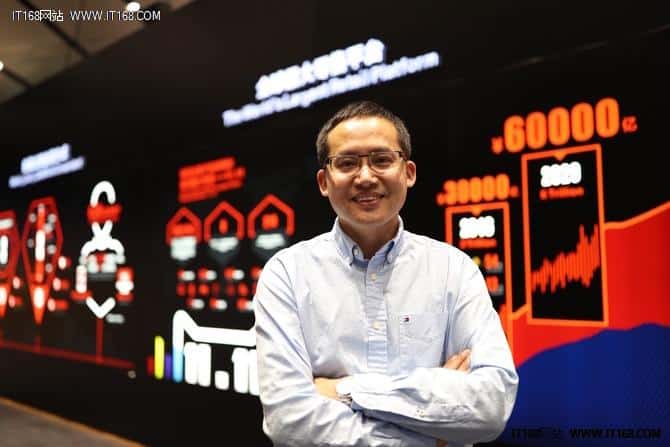Alibaba’s cloud computing unit – Alibaba Cloud is making its Apsara operating system compatible with processors based on Arm, x86, RISC-V, among others.
Based on IDC research, Alibaba Cloud is one of the fastest-growing businesses for the Chinese e-commerce giant and the world’s fourth-largest public cloud service in the second half of 2020.
RISC- V a replacement for the global chip market dominator
Intel’s x86 mostly dominates the global chip market in the personal computing domain and in the mobile devices, it is Arm. But RISC-V, an open-source chip architecture competitive with Arm’s technologies, is gaining popularity around the world, especially with Chinese developers. Started by academics at the University of California, Berkeley, RISC-V is open to all to use. It can be used without licensing or patent fees and is generally not subject to America’s export controls.
The ban imposed by Trump Administration on Huawei and its rival ZTE over national security concerns has forced Chinese and American telecom giants and semiconductor suppliers to re-think on their relationships.
New sanctions make way for new opportunities for Alibaba Cloud and others
But, the developers are preparing for future tech restrictions by the U.S. Hence, the U.S. sanctions have led to a burst in activity around RISC-V in China’s tech industry. Alibaba is at the forefront of the movement. Alibaba Cloud, Huawei, and ZTE are among the 13 premier members of RISC-V International. This means that they get a seat on its board of directors and technical steering committee.
In 2019, T-Head, which is the company’s semiconductor division, launched its first core processor. The processor is based on RISC-V. Its use is mainly in edge technology and IoT applications. Having an OS compatible with multiple chips instead of just one mainstream architecture could prepare Alibaba Cloud well for a future of chip independence in China.

The IT ecosystem was traditionally defined by chips, but cloud computing fundamentally changed that. A cloud operating system can standardize the computing power of server chips, special-purpose chips, and other hardware, so whether the chip is based on x86, Arm, RISC-V, or a hardware accelerator, the cloud computing offerings for customers are standardized and of high quality.
Zhang Jianfeng, president of Alibaba Cloud’s Intelligence group
Meanwhile, some argue that Chinese companies moving toward alternatives like RISC-V means more polarization of technology and standards. This is not ideal for global collaboration unless RISC-V becomes widely adopted in the rest of the world.



